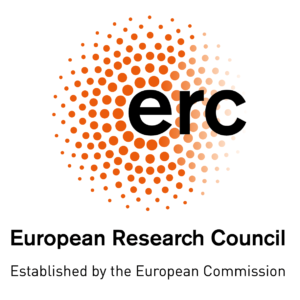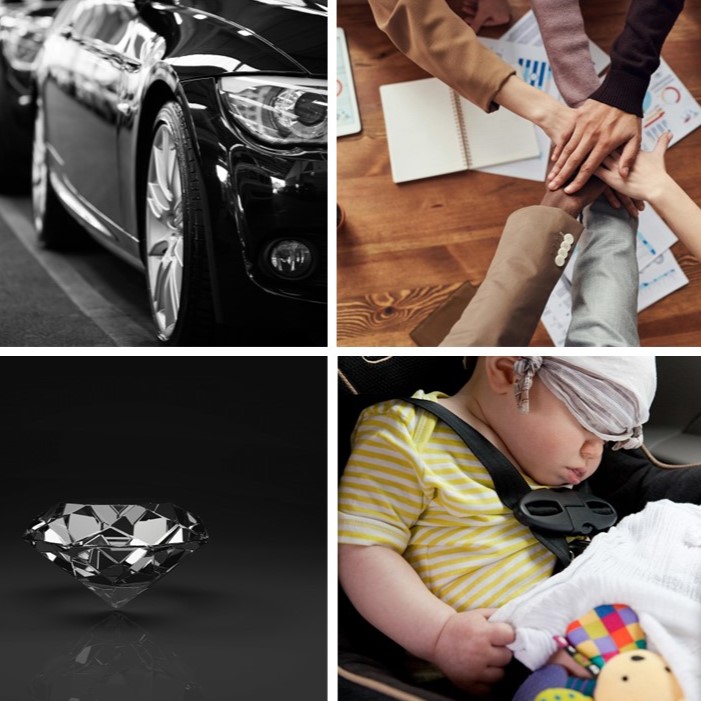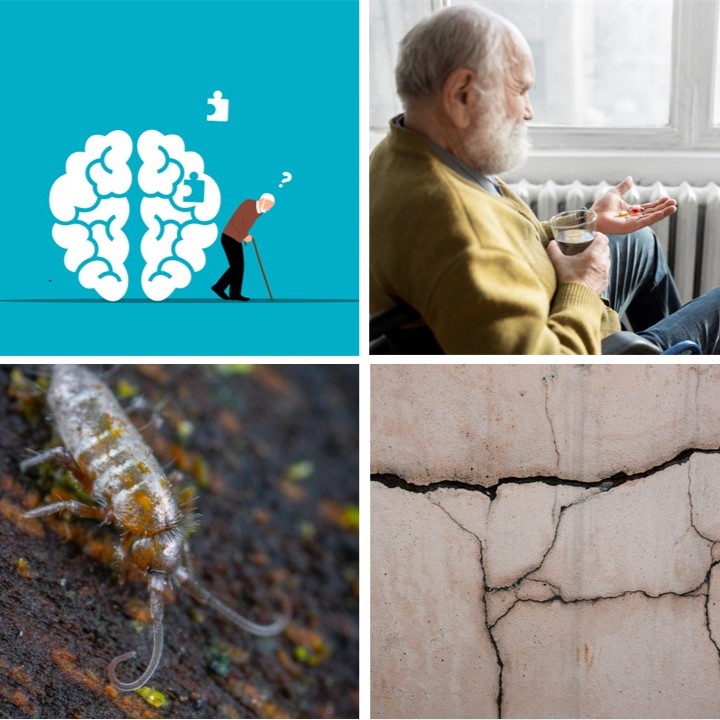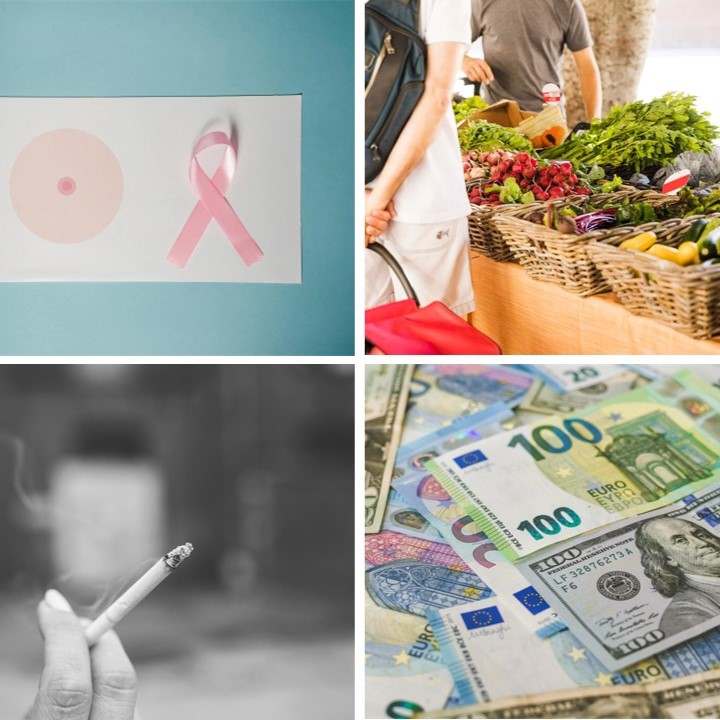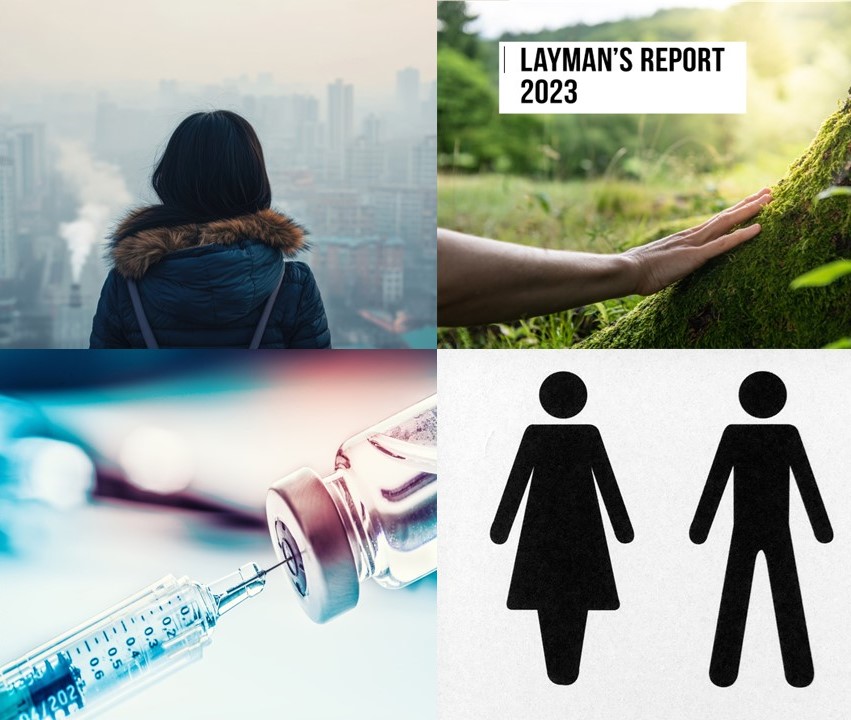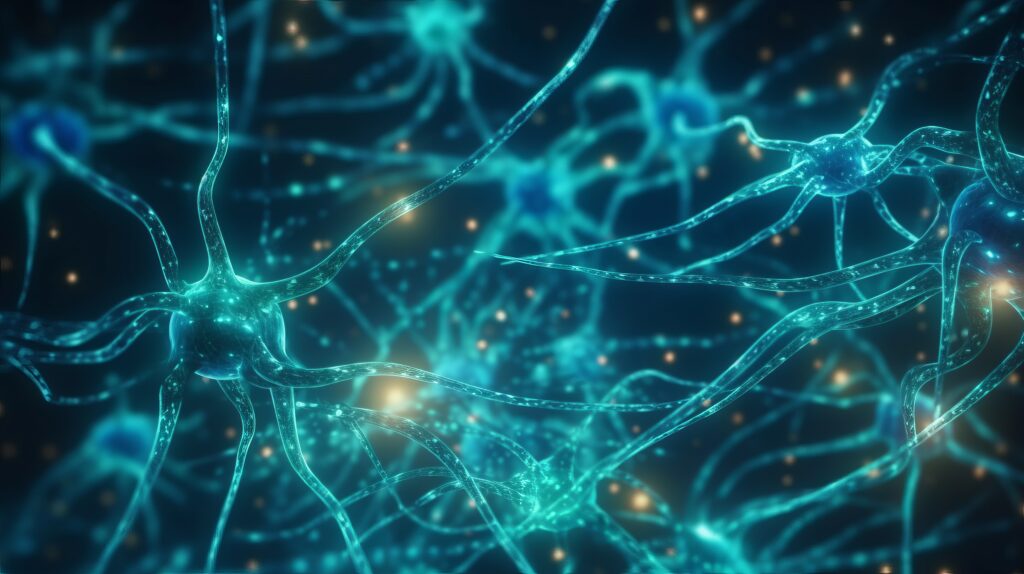War as an electoral weapon
11 December 2020
Politicians and voters in the countries of Ex-Yugoslavia are still referring to conflicts which happened two decades ago. A political scientist wants to understand why and how to let go of the past.
This article was originally published by the Luxembourg National Research Fund
When French president Emmanuel Macron addressed the Coronavirus epidemic on 16 March 2020, he used the well-known rhetoric of war, repeating six times throughout his speech: “We are at war.” Such choice of words is often used to release extraordinary budgets and mobilize citizens against a public enemy, be it actual war, cancer, drugs or terrorism.

Josip Glaurdić © FNR / Rick Tonizzo
Strangely enough, the effect of real war on the political discourse and electoral processes has not been studied in much detail, says Josip Glaurdić, a political scientist working at the University of Luxembourg. He wants to fill this gap.
“I grew up in Croatia,” says the researcher. “I was a teenager during the conflict which shook Yugoslavia in the 1990s. It struck me to realize as a student that standard political theory made the assumption that wars did not really affect the usual polarizations found in politics, such as between religious groups, ethnicities, workers and capital or urban and rural regions. So I decided to get a closer look into it.”
He launched a large European project to uncover what the experience of war changed both for politicians and for voters living today in Bosnia-Herzegovina, Croatia, Kosovo, Macedonia, Montenegro, and Serbia. The first results show that political actors are often still stuck in the past. But also, that change seems possible.
Glory or suffering?
“Politicians still talk a lot about the conflicts, twenty years after it they ended,” says Josip Glaurdić. “Confronted with a difficult question about a current issue, they often evade the topic and divert the discussion towards the past. They ask for instance the question ‘Where were you during the war?’, which becomes normative.”
The researcher and his team used algorithms to analyse thousands of pages of speeches made by politicians in parliament, in public or on social media, studying the frequency of war-related concepts and whether they were positively or negatively connoted.
This analysis uncovered stark differences in the way politicians talk about former conflicts. Amongst members of nationalist parties, those who did not take parts in armed conflicts tend to use a more positive language. They talk about ‘victory’ and ‘unity’ or argue for instance that the State should support widows of soldiers in recognition of the ‘glorious sacrifice’ of their husbands. Those who experienced the war are more cautious and would rather talk about the widow’s suffering to justify supporting them. Politicians more on the left, especially the ones who did not fight, address the consequences of war in technical terms, addressing for example the need to fix infrastructure.
Gaming for political science
The research project also used targeted advertisement on Facebook to recruit 15 000 persons across the six countries to take part in several gamified online surveys. The participants had to take decisions in different situations, such as having to vote for different fictious politicians, after having filled in their sociodemographic information and answered questions about their war experience.
“The answers are very interesting,” says Glaurdić. “Between two hypothetical politicians with identical profiles, the one having fought in the war is more likely to get elected – nationalist voters would even forgive a conviction for corruption.”
The survey tests the hypotheses that people having experienced violence tend to trust their friends more than the media and are generally more risk averse. The participants were asked whether they would rather read news stories recommended by theirs friends or by the media. They also played the role of a mayor who must choose between two companies seeking a right of establishment, one promising higher employment but with higher risks.
Stuck in the past
In a third project, the international team surveyed citizens of Bosnia just before and after the 2018 national elections. “People in the Balkans tend to distrust politicians and the media,” explains Glaurdić. “This happens for a reason, because corruption and ideological media are still widespread. We wanted to find out if this distrust is fixed and is a liability of war or rather something more individual.” The researchers asked the participants what they thought about the electoral process and the media coverage.
Voters whose candidate had lost the election expressed more distrust than those whose candidate had won.
“On the one hand, this is myopic, like a player losing a game who complains about the rules being unfair to him. On the other hand, it is a positive sign as it shows that people are still engaged in the political process. They are not so much disillusioned to make democracy and fair media appear like a lost cause.”
Glaurdić’s research highlights the strong impact of the experience of war amongst politicians and voters, and that many of them seem to be still stuck in the past. With his work, he wants to understand whether this arises because of personal trauma or because of the politicization of the war. Above all, he wants to find out which factors can help both citizens and politicians escape this war narrative and political framing.
“The present situation is filled with crucial issues which urgently need to be solved,” he says. “Much more than dwelling on who did what 25 years ago.”
About the European Research Council (ERC)
The European Research Council, set up by the EU in 2007, is the premiere European funding organisation for excellent frontier research. Every year, it selects and funds the very best, creative researchers of any nationality and age, to run projects based in Europe. The ERC offers four core grant schemes: Starting, Consolidator, Advanced and Synergy Grants. With its additional Proof of Concept grant scheme, the ERC helps grantees to bridge the gap between grantees’ pioneering research and early phases of its commercialisation. https://erc.europa.eu/

